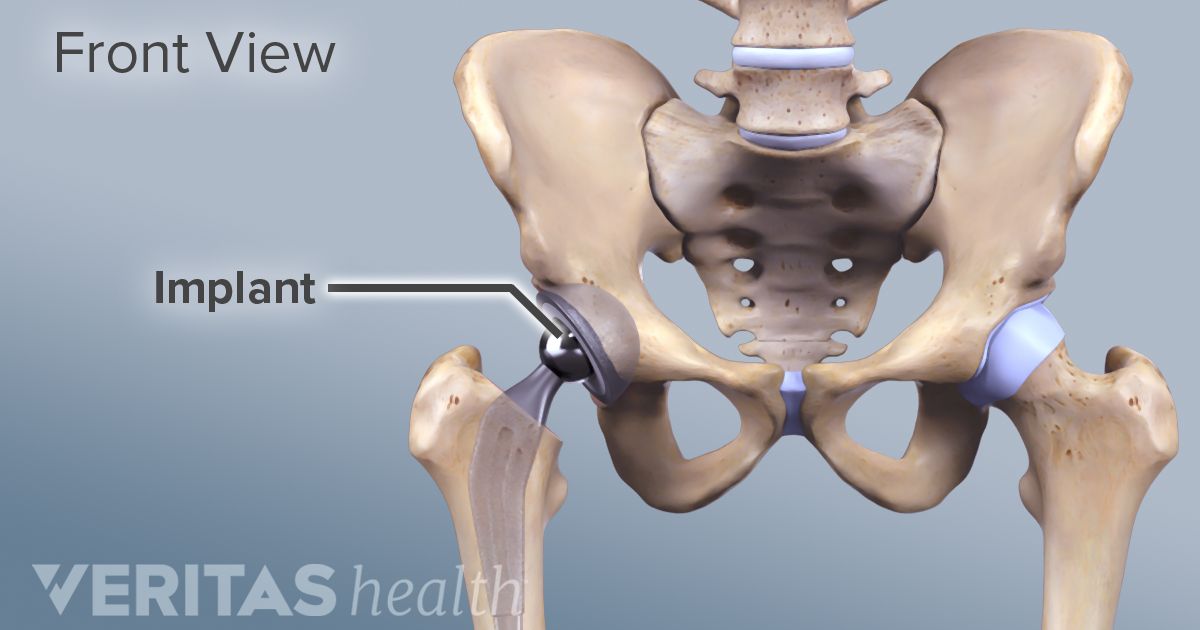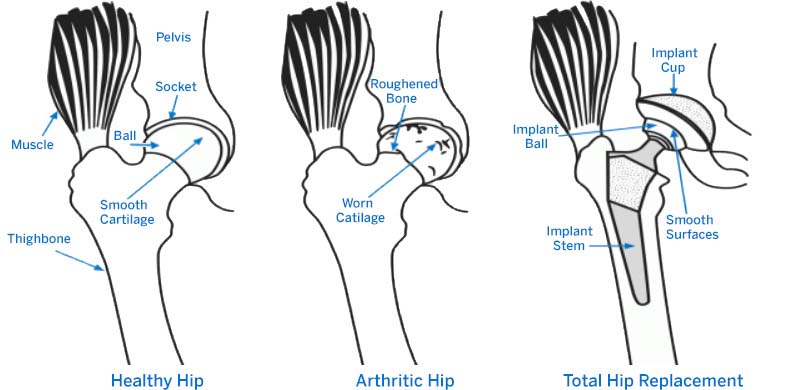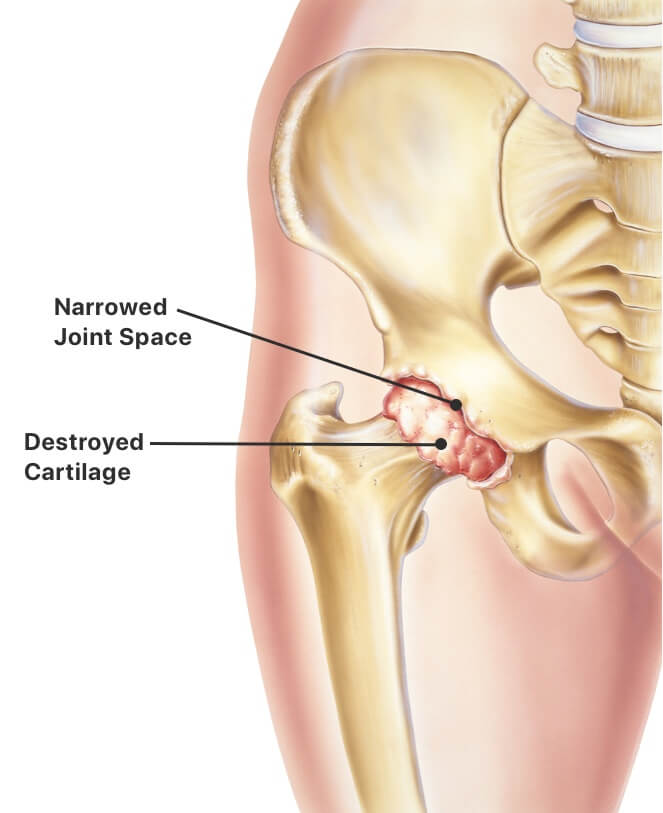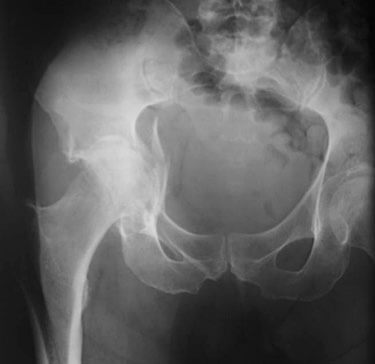Hip Replacement Complications In Elderly
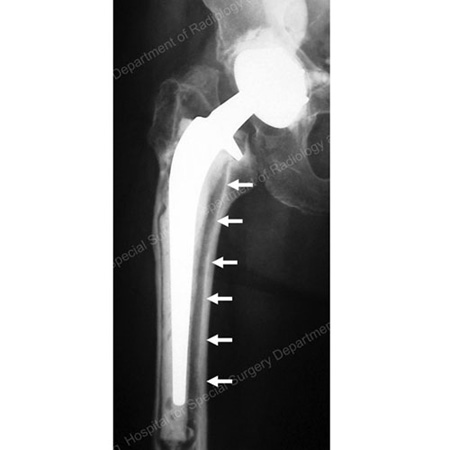
The overall incidence of hip fractures has decreased over the last decade but still represent roughly 25 of the geriatric fractures requiring hospital admission.
Hip replacement complications in elderly. Taking care to manage any medical conditions before surgery reduces these risks. Dislocations mostly occur in people who have weak muscle tone around the hip joint or tend to take risks with position early after surgery. During this period they are at risk of developing a deep vein thrombosis which is a blood clot. Death after a hip fracture may also be related to additional.
A broken hip in elderly is nothing to be taken lightly. There can be serious and even life threatening complications. Most older adults will be immobile for a while. Conditions that can damage the hip joint sometimes making hip replacement surgery necessary include.
Sharat kusuma director of adult reconstruction at grant medical. Older patients as a group have an increased risk of certain problems right after surgery. Some things may tell you that a hip has been fractured and they include. Inability to handle weight on the leg after your hip is injured great pain within the groin or the hip area being incapable of moving just after a fall your leg may be turned outward especially on the side of the injured hip a.
The morbidity and mortality rate also remain elevated. Anterior hip replacement risks complications of general anesthesia such as postoperative delirium and postoperative cognitive dysfunction heavy bleeding during surgery or from your incision blood. Of course the normal risks of any surgery are greater in the elderly. What are the risks of hip replacement surgery.
There is some evidence that the risk of dislocation is lower in anterior approaches in hip replacement surgery and or by using an implant with a large femoral head. Commonly known as wear and tear arthritis osteoarthritis damages the slick cartilage that covers the ends of bones and helps joints move smoothly. Hip fracture fallout a hip fracture following a fall is the other primary reason for hip replacement in elderly patients says dr. Things like the zimmer hip replacement recall remind us that artificial joints may turn out to be defective and need to be replaced a second time.
Hip replacement complications include infection poor healing and reactions to anesthesia.




